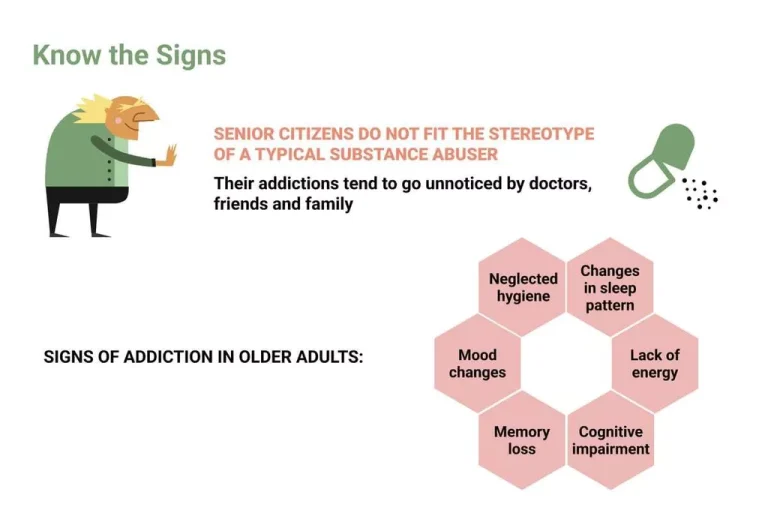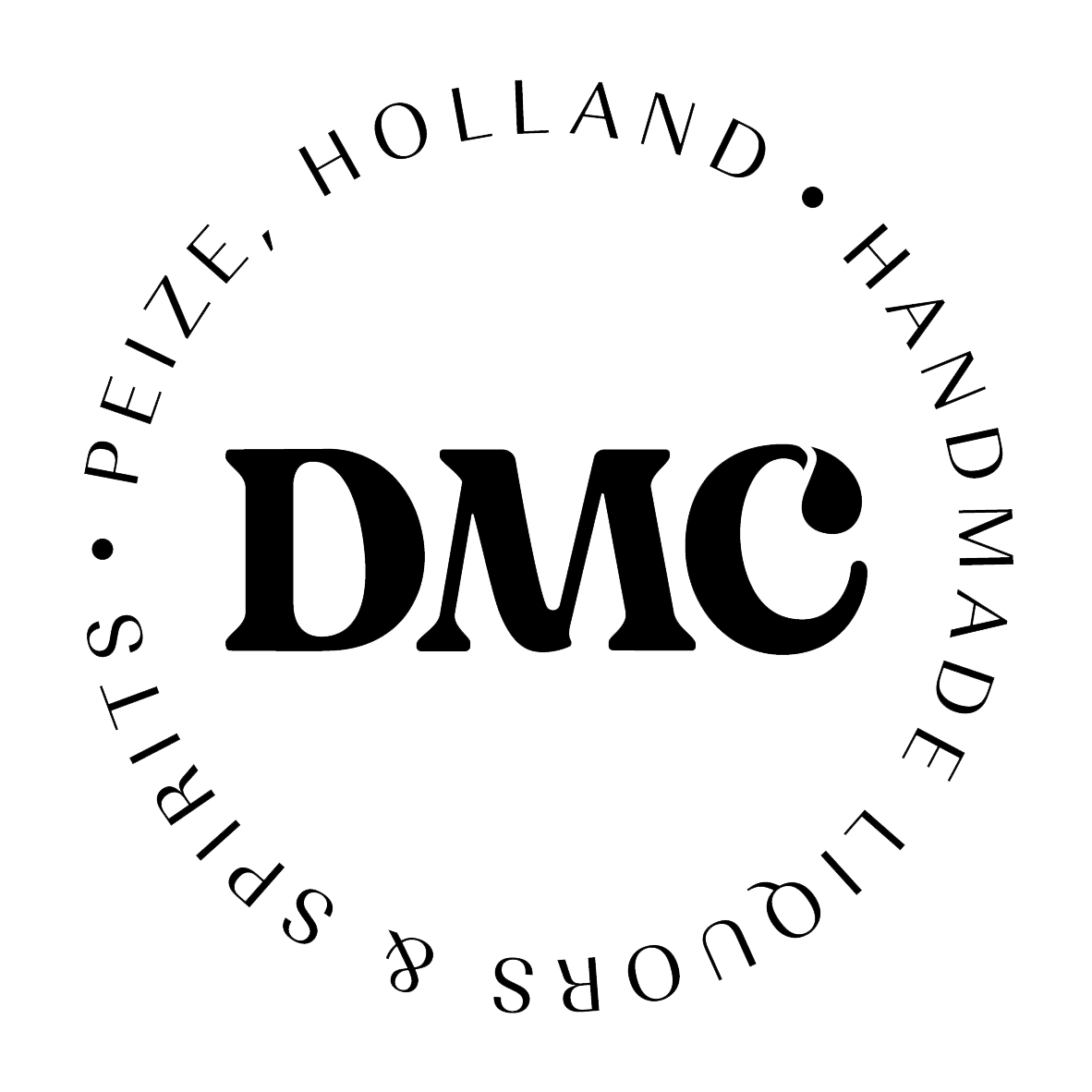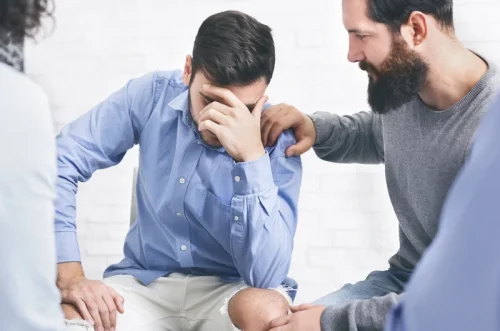
The staff and their person centered approach made the experience comfortable and helped put my mind at ease. I’m so grateful to OTR for the second chance I now have at living a happy sober life. This doesn’t happen overnight, but it can happen if you follow the steps. In this article, we’re going to discuss ways to repair relationships in recovery. Your journey to recovery is a powerful step towards a healthier life.
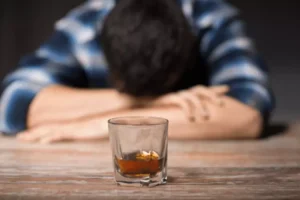
Concerned About A Loved One? Learn More About Involuntary Treatment Laws in Virginia
- Addiction can cause you to lie, steal, and betray the trust of those closest to you.
- Additionally, supporting your recovery makes your family feel valued, as they play an important role in your sobriety.
- Firstly, not all relationships can recover from the damage done by addiction.
- It’s important to set realistic expectations when reconnecting with loved ones so both parties approach each other rationally.
- On the contrary, addiction often affects everyone around it, sometimes wreaking havoc on personal relationships.
Relationships with friends have likely suffered because of addiction, no matter how long it has existed. Some friends may have (knowingly or unknowingly) enabled the addiction to continue. Once an addict enters recovery, they must evaluate their friendships and eliminate the unhealthy ones. Take the time to reflect on your past behavior and identify the people you have harmed. This may involve making a list, taking inventory of the damage caused, and examining the underlying reasons for your actions. The challenges stemming from their behavior deeply affect loved ones.

What steps can I take to rebuild relationships during addiction recovery?
- Not everyone in the family will agree with trying to help the addicted family member.
- Too many people just don’t make time for each other because they don’t want to leave the kids or they’re busy with work or business obligations.
- If you start selling shared property, you’ll also be hurting your loved ones.
It involves acknowledging past mistakes, feeling genuine remorse for any hurt caused, and making a serious commitment to heal the damage that has been done. Repairing relationships while recovering from substance use disorder can be challenging. It may take time, but you can recover from SUD and the relationship issues that stem from it.
How to Fix a Relationship After Trust Is Broken: A Guide
You also have to rebuild and repair your relationships with friends, parents, romantic partners, children, and others you may have wronged. At Recovery Unplugged, we take a holistic approach to recovery, including addressing the damage addiction does to relationships and recovery. Contact us today to learn more about our addiction treatment options. Some people we’ve hurt don’t want to make amends with us, and learning to accept their points of view is significant. Some bridges are burnt beyond repair— all we can do is make peace with and grow from the experience.
Building trust with yourself
Another common result of addiction and relationships is self-blame. While your loved one was actively using drugs or drinking, you may have been blamed for things that weren’t your fault. Out of hurt, frustration, or confusion, your loved one may have heaped accusations at you for no real reason. And while you know that there’s no foundation for their accusations, you may still feel hurt, and that’s normal. When learning how to trust an addict in recovery, you must first learn how to trust yourself. Family behavior therapy (FBT) has proven to be effective in both adults and teenagers.

An essential skill for recovery is finding ways to minimize the harmful effects and maximize the helpful effects of relationships on addiction recovery efforts. There isn’t much guidance on this, and many people in recovery are given the message that their relationships can wait until they’re further along in recovery. That makes the process of relationship recovery pretty abstract for people who aren’t engaged with couple or family therapy. To maintain progress in rebuilding relationships after addiction, consistency, ongoing communication, and mutual understanding are key. When an individual is in their active addiction they are faced with a lot of consequences from physical to financial losses but also their support system and family support are typically affected as well.
It’s also important to hold parties true to those consequences when boundaries are breached, otherwise the process is unlikely to work. So, if sleeping on the couch is the consequence for staying out past a set time with buddies or gal pals, he or she should sleep on the couch. It’s a tough row to hoe but as the old adage goes, if you’re going to forgive someone, forgive them and move on—just don’t rebuilding your life after addiction be naïve. This requires that both of you look inside and internalize what you’re at fault for and not place the blame entirely on the other party. If you really want to know how to gain someone’s trust back, then you need to be open and honest about what’s been going on and why it happened. When we’ve formed an attachment bond, it can often be easy to be pulled back into a dysfunctional cycle.
